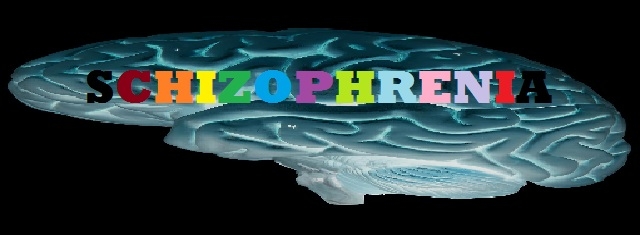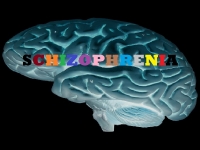Health
SCHIZOPHRENIA AFFECTS FAMILY AND SOCIETY AND MEN AND WOMEN EQUALLY
WE INHERIT OUR GENES FROM BOTH PARENTS

(Source: © Ruby BIRD & Yasmina BEDDOU)
USPA NEWS -
Schizophrenia affects men and women equally. It occurs at similar rates in all ethnic groups around the world. Men expressing symptoms a little earlier than women. Most of the time, people do not get schizophrenia after the age of forty five. It occurs rarely in clildren...
It is a chronic, severe, and disabling brain disorder that has affected people throughout history. While psychological disorders today are no longer kept in the corner, there's still a long way to go in terms of actualy spreading comprehensive knowledge.
We inherit our genes from both parents. Scientists believe several genes are associated with an increased risk of schizophrenia, but that no gene causes disease by itself. Many environmental factors may be involved, such as exposed to viruses or malnutrition before birth, problems during birth, or other not yet known.
We inherit our genes from both parents. Scientists believe several genes are associated with an increased risk of schizophrenia, but that no gene causes disease by itself. Many environmental factors may be involved, such as exposed to viruses or malnutrition before birth, problems during birth, or other not yet known.
The symptoms can be as follow : delusions, hallucinations, disorganized speech, grossly disorganized or catatonic behavior... up to stronger negative symptoms such as affective flattening, poverty of speech or lack of motivation. The cognitive symptoms are subtile, may be difficult to recognize, often detected when other tests are performed. Because the causes of schizophrenia are still unknown, treatments include antipsychotic medication and various psychosocial treatments.
Thought disorders are unusual or dysfonctional ways of thinking. This is when a person has trouble organizing his/her thoughts or connecting them logically. Movement disorders may appear as agitated body movements, may repeat certain motions over and over. Catatonia is a state in which a person does not move and does not respond to others. It is rare today, but it was more common when treatment for schizophrenia was not available.
Ruby Bird Schizophrenia Brain Disorder People Genes Parent Men Women Delusion Symptom Negative Cognitive Psychatric Psychology Medication Psychotic Treatment Psychosocial Psychopath
Liability for this article lies with the author, who also holds the copyright. Editorial content from USPA may be quoted on other websites as long as the quote comprises no more than 5% of the entire text, is marked as such and the source is named (via hyperlink).






